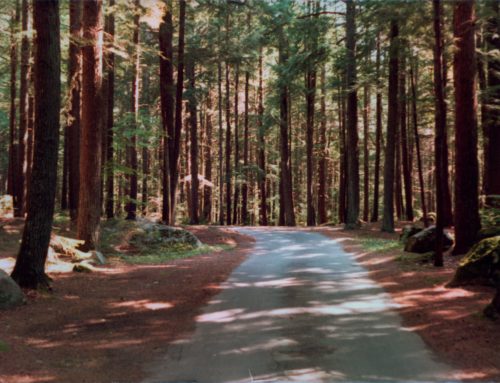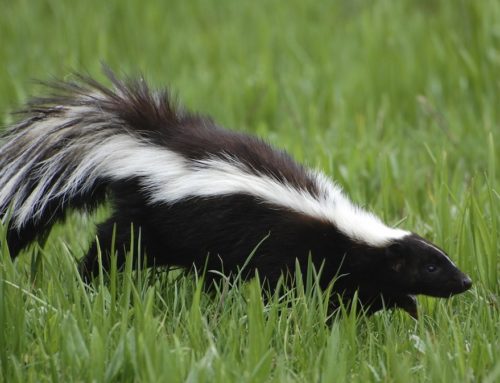My Dad was a stickler for details, and on a typical day in the summer there were hundreds. There were camps to clean, motors to repair and new guests to orient, while managing a multitude of distractions and minor crises. But when the last spark plug had been changed and the last guest briefed on water safety, my Dad would drive me home. For those 15 minutes, I had him to myself and we would often talk.
One day, when I was in grade school, we drove home on Route 93, as usual. Just before what is now Venezia Restaurant, a chipmunk darted out from the right, changed its mind and doubled back in front of the truck. My Dad slammed on the brakes, but the sound under the front wheel was unmistakable. My Dad pulled the truck to the side of the road and I ran back to see. I found the chipmunk rolling very unnaturally on the side of the asphalt. I felt terrible, but I knew what we would do – we would take him home, take care of him and make him well.
No, Dad explained, as gently as he could, we should not do that. The chipmunk had been too badly injured and likely had broken his back. He picked up the little animal and set him carefully in the woods beside the road. I was shocked and rode home crying in disbelief. How could we not try to help? We had always treated injured creatures before. After all, couldn’t my Dad fix just about anything?
I had not thought about this for many years, but the day that my Dad was diagnosed with Alzheimer’s disease, this memory came rushing back. I cried again, this time in despair, for he was now in the chipmunk’s position. I cried also in frustration. I was now a physician, but was completely powerless to help him reverse this disease. Over the last few years, though, I have come to understand my Dad’s wisdom that day with the chipmunk. Physicians are taught to come in and solve problems, fix things, reverse disease and restore health. We tend to think of ourselves as the cavalry, coming in to save the day. We also tend to become uncomfortable when that does not happen. I have had to learn over and over again, in training and in years of seeing patients, that it is not always possible to cure everything. Sometimes compassion and tenderness are much more appropriate and powerful than unrealistic heroism. Many patients have taught me this over the years. But my Dad taught me first.




